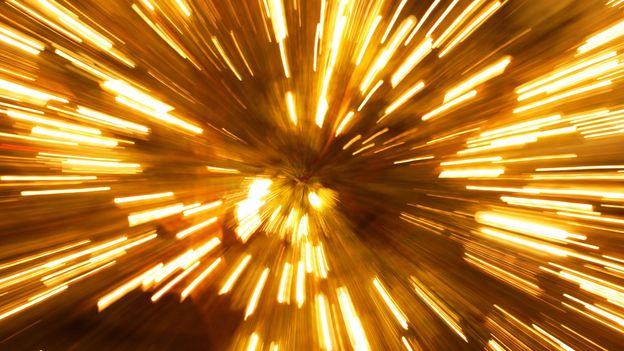

Every change to the standard model is going to change its predictions, and these predictions are likely to apply across wide swathes of particle physics, not just to particles going faster than the speed of light.

Researchers are now asking "What tweaks to the standard model can accommodate this result?" and "What are the consequences of those tweaks?" This latter question is pretty significant. (Incidentally, this is also the theory that established that the speed of light in a vacuum was the ultimate velocity.) In fact, a classic example of this is special relativity, which accommodates a fixed speed of light by modifying Galilean relativity. Instead, we tend to hold on to what works, using it where it does work, and modify the theory so that it can accommodate new data. In this case, we must toss out the standard model and replace it with something new.īut physics rarely works like that. A naive approach, when confronted with data that disagrees with fundamental models of how the Universe works, would be to say that this result shows that our model is wrong. I don't think anyone has said the data is wrong rather, they've suggested that the data has an intrinsic, but unknown, systematic error in it. It's important to understand why this result is going to be aggressively attacked but the data probably won't. Two such papers have now come out, and they show just how hot the fire is going to get. The literature was going to fill up with papers that, in one way or another, stated they were wrong-very wrong. The truth is that they knew they were not just getting close to a fire, but standing in the flames while taking a gasoline shower. You might think this would be a cause for celebration-after all, finding exciting new physics on the horizon is supposed to be every physicist's dream, right? Yet those pesky neutrinos were still arriving 60ns too soon. They had checked, rechecked, and re-rechecked their data, and investigated all the sources of systematic error they could think of, eliminating them all. The good folks at Gran Sasso seem embarrassed by their own results. The story of the faster-than-light neutrinos is a rather unusual one.


 0 kommentar(er)
0 kommentar(er)
